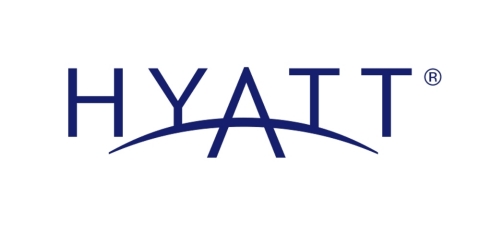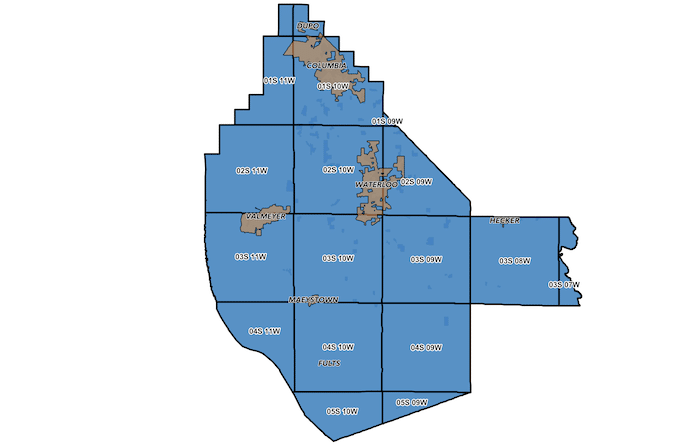T
he U.S. Treasury is introducing new measures to combat money laundering in the real estate industry. These measures will require professionals in this sector to report cash sales of certain residential properties to the government. This rule will come into effect in December 2025 and will apply to non-financed sales to legal entities and trusts, but not to individual cash buyers or sellers. The rule will apply to title agents, attorneys, and other parties involved in single-family house closings, buildings with up to four apartments, large condominium or cooperative buildings, or vacant land where these types of housing are planned.
The Treasury's Financial Crimes Enforcement Network has also introduced a separate rule requiring investment advisers to report any suspicious activity. The Treasury Secretary, Janet Yellen, stated that the department is working hard to prevent the United States from being used to hide or launder illicit gains. This includes addressing regulatory deficiencies that bad actors exploit to commit serious crimes like corruption, narcotrafficking, and fraud.
The Treasury has reduced some reporting requirements in response to concerns raised by trade groups during the rulemaking process earlier this year. The National Association of Realtors sought an exemption for real estate agents who help people sell or find homes but do not conduct due diligence on their clients. According to the Treasury, agents who represent buyers and sellers during their house-finding search are unlikely to be subject to the rule.
The American Land Title Association was concerned about the potential annual cost of reporting obligations to the real estate industry. The final rule does not provide an exemption for real estate sales for little or no money, as these can still present a risk despite the low amount of money being traded. However, the Treasury did exempt several common transactions, such as those for estate planning purposes.
The National Association of Realtors (NAR), a real estate trade group with over 1.5 million members, told CoStar News in an email that they were pleased that the final rule makes the title or closing agent the primary individual responsible for reporting a transaction to the government. The rule also allows various professionals involved in a deal to designate someone other than the agent to report it to the government, as long as they work on the closing in another capacity.
The government has addressed concerns that real estate professionals might act in good faith but still be penalized for failing to report a cash transaction. The potential civil penalty for each violation cannot exceed $1,394. The rule includes a "reasonable reliance" standard that allows agents or attorneys to rely on the entity acquiring residential property to identify the individual who transfers or receives it. The Treasury began using so-called residential geographic targeting orders in 2016, requiring title companies in selected markets to report cash transfers worth $300,000 or more. A substantial number of sales reported under these orders were conducted by individuals involved in other suspicious activities, according to the final rule.












